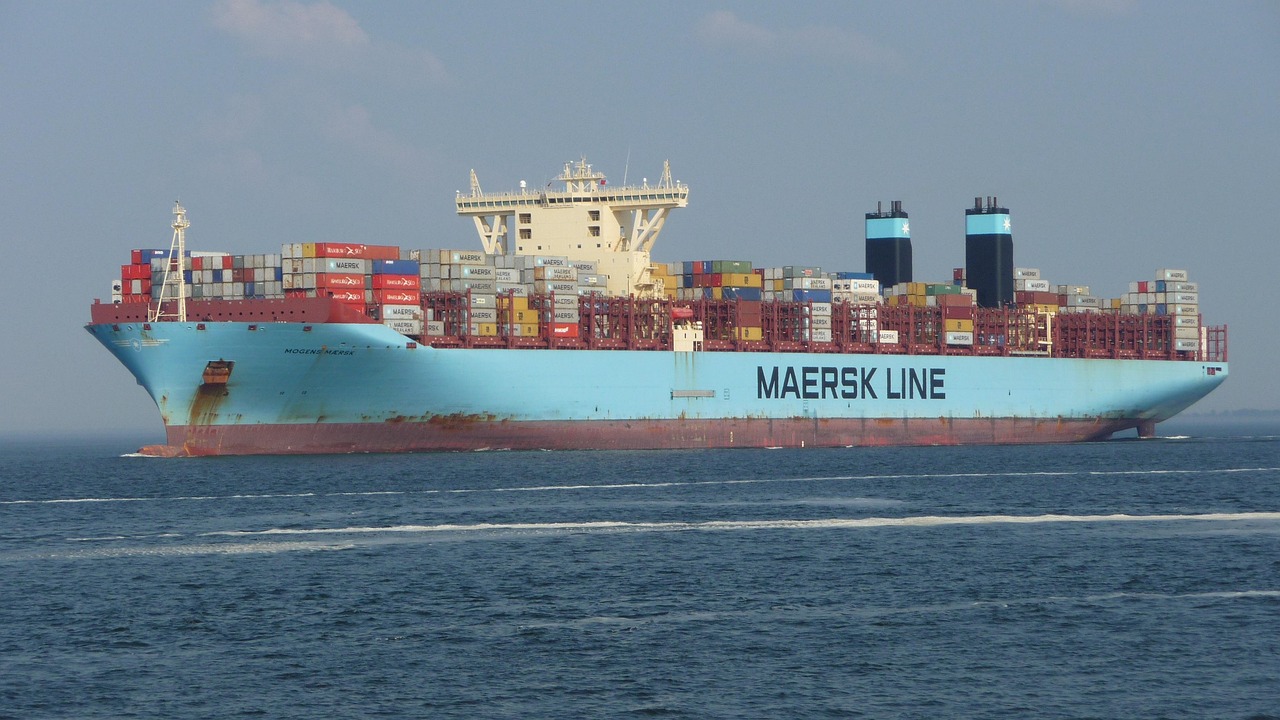
Prominent maritime consultancy Sea-Intelligence pointed out in its latest report this week that in March 2025, the fleet on-time performance rate of the "Gemini Cooperation," formed jointly by Maersk and Hapag-Lloyd, reached an impressive 90.3%, once again ranking at the top among global shipping companies.
The collaboration of this alliance is seen as a significant achievement in the global shipping industry. Last year, when Maersk and Hapag-Lloyd announced their cooperation, they pledged that after the alliance was fully implemented, the on-time performance of vessels would exceed 90%. Now, Sea-Intelligence's data has verified this commitment. According to their data, in March 2025, Maersk had an on-time rate of 66.9% and Hapag-Lloyd had 64.3%. While individually these two companies were already leading globally, with the alliance's support, the overall on-time performance reached an impressive 90.3%.
On the other hand, Maersk's former partner, Mediterranean Shipping Company (MSC), had an on-time rate of 61.9% in March.
Sea-Intelligence adopted a new calculation method when evaluating the new alliance, no longer solely based on vessel arrival times at destination ports, but rather on the performance of vessels at all stops (including departures and arrivals). This new method, although adding complexity to the data, more comprehensively reflects the performance of vessels throughout their entire journey.
As new alliances like the Gemini Cooperation mature, Sea-Intelligence expects to unify these two assessment methods in the future. This indicates that the current 90.3% on-time rate of the Gemini Cooperation is a solid achievement. However, the method adjustment also reminds us that efficiency evaluation standards are evolving, and the industry needs more refined data analysis to support strategic decisions.
Zhongjin believes that this disparity not only showcases the different operational management among various alliances but also reveals the strategic innovation of the Gemini Cooperation within the shipping industry. Traditional alliances generally have lower on-time rates due to complex fleet management, fluctuating market conditions, and frequent port congestions. In contrast, the Gemini Cooperation has effectively enhanced operational efficiency by optimizing routes, strengthening vessel scheduling management, and improving digitalization levels.
Currently, the global shipping industry is undergoing profound changes. With global trade continuously growing, shipping demand is on the rise. Meanwhile, uncertainties such as port congestions, weather changes, and geopolitical factors pose new challenges to the shipping industry. In this context, improving vessel on-time rates, optimizing route layouts, and enhancing digitalization levels have become key to industry development.
